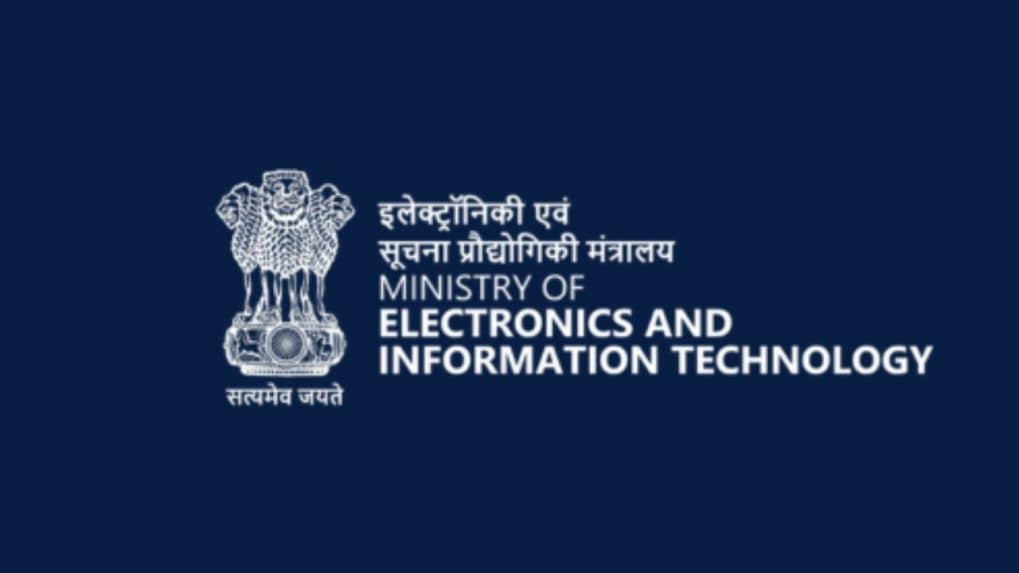Digital
Why OpenAI is hiring 100 ex-bankers: Inside the ChatGPT-maker's secret project to automate Wall Street's grunt work

Key stakeholders from India’s fast-growing video gaming and online money gaming sectors have called on the Ministry of Electronics and Information Technology (MeitY) to revise the draft rules of the Promotion and Regulation of Online Gaming Act, 2025, highlighting concerns over the proposed five-year validity period for game registrations and the broad discretionary powers vested in the new regulatory authority.
The consultation meeting, held on Monday and chaired by MeitY Secretary S. Krishnan, saw active participation from major industry bodies including the Game Developers Association of India (GDAI), All India Gaming Federation (AIGF), Federation of Indian Fantasy Sports (FIFS), E-Gaming Federation (EGF), and IndiaTech. The discussions primarily revolved around the draft framework’s long-term regulatory clarity, operational timelines, and definitions of key terms.
A central feature of the draft rules released by MeitY is the creation of the Online Gaming Authority of India, a statutory body headquartered in the National Capital Region with perpetual succession and the power to sue or be sued. The Authority will operate as a digital-first office, with providers required to submit applications entirely online.
Under the current draft, providers registering e-sports or social games must furnish detailed information on game design, target age groups, revenue models, user safety measures, and grievance redressal mechanisms. Upon approval, they receive a Certificate of Registration valid for up to five years.
However, the absence of explicit timelines for application processing and renewals has emerged as a key concern. If the Authority delays renewal decisions, operations could be left in limbo, disrupting business continuity and investor confidence.
Industry Seeks 10-Year Validity and Deemed Approvals
Stakeholders have proposed extending the validity period of registrations from five to ten years, arguing that a longer validity would provide regulatory certainty, encourage long-term business planning, and attract foreign investment into Indian game development studios.
They also urged MeitY to introduce a “deemed approval” mechanism, under which applications not processed within 90 days would be automatically approved, subject to compliance requirements.
“Extend the validity of certificates to 10 years to promote long-term stability. Introduce a deemed approval mechanism to ensure predictability and encourage foreign investment in Indian studios,” industry associations collectively suggested during the consultation.
Broad Powers Raise Operational Risks
Another point of contention is the broad discretionary powers granted to the Online Gaming Authority under Sections 12, 13(1), and Rule 19, which allow it to take preemptive actions such as game blocking or issuing directives to intermediaries even before classification or adjudication is complete.
Terms like “stake,” “harm,” and “contrary to objectives” are loosely defined, raising concerns about subjective interpretation. Stakeholders cautioned that this could lead to legitimate games being restricted or disabled arbitrarily, creating regulatory uncertainty and systemic risk for the gaming ecosystem.
They warned that such ambiguity could push companies to incorporate abroad, undermining India’s ambitions to emerge as a global gaming hub and reducing the country to a production back-office rather than a center of intellectual property creation.
Stakeholder Proposals for Regulatory Safeguards
To mitigate these concerns, stakeholders presented a set of clear recommendations:
Transparent Enforcement: Ensure actions like blocking or summons are only taken after a time-bound, transparent determination of non-compliance.
Right to Representation: Mandate a right to be heard and to appeal before any preemptive regulatory action.
Swift Appellate Process: Establish a fast-track appeal mechanism to minimize business disruption.
Clear Definition of “Harm”: Limit the definition to quantifiable risks, such as child safety or fraud, excluding moral or cultural interpretations.
The draft rules for PROGA, 2025 mark a significant step in formalizing India’s online gaming regulatory ecosystem, but industry representatives have urged MeitY to balance oversight with regulatory predictability and operational flexibility.
The ministry is expected to review stakeholder feedback before finalizing the rules, the stakeholders have been urged to submit their suggestions by 31 October.
In a wide-ranging interview with Storyboard18, Sorrell delivers his frankest assessment yet of how the deal will redefine creativity, media, and talent across markets.